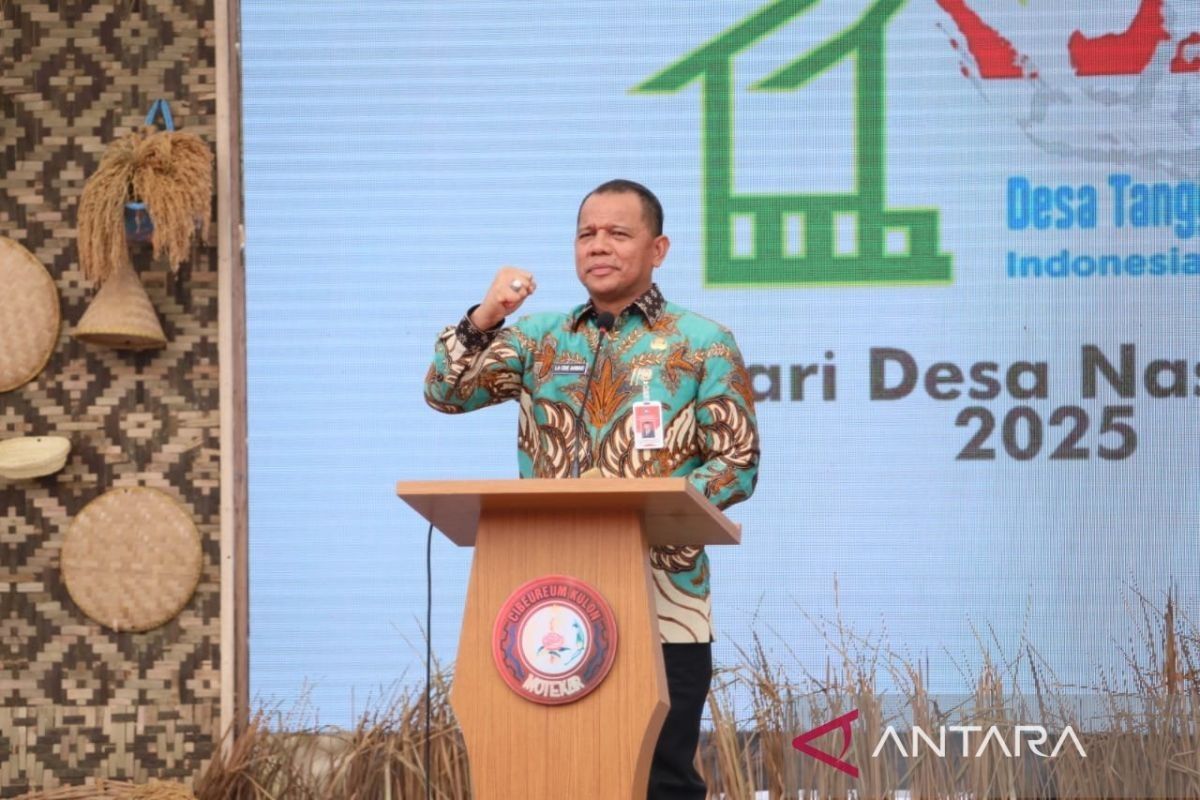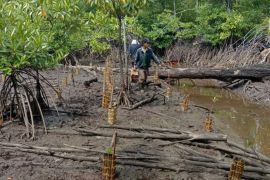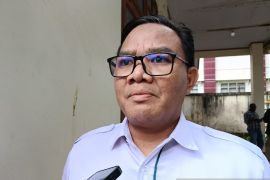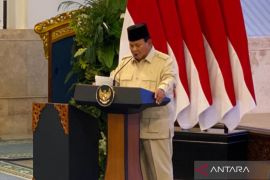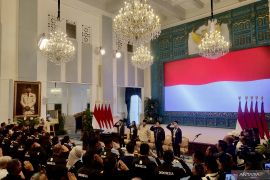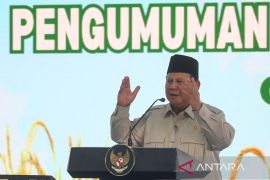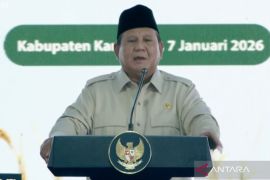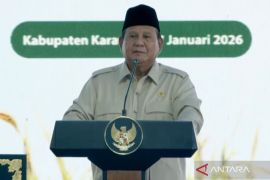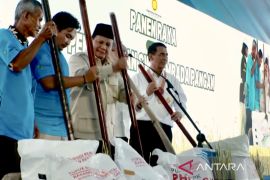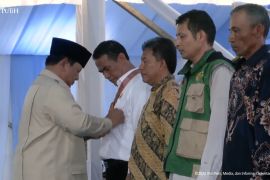Explaining the significance of the day, the decree states that it reflects Indonesia’s respect for and recognition of the pivotal role played by rural regions in national development.
Through Village Day celebrations, the government also aims to reinforce the nation’s commitment to sustainable development in villages.
Villages and Development of Disadvantaged Regions (PDT) Minister Yandri Susanto has repeatedly stressed that the presence of thriving villages is key for Indonesia to achieve its dream of becoming a more advanced and prosperous nation.
According to data released by Statistics Indonesia (BPS) in 2024, Indonesia is home to a total of 84,276 village-level administrative regions, which host around 73 percent of the total population.
Taking note of this, Susanto said that bringing progress to villages is a prerequisite for national success.
Reflecting on the theme of “Building Villages, Building Indonesia” for the first Village Day, the minister noted that some crucial village-related issues await concrete action from the government.
During the kick-off event for the Village Day commemoration in Subang district, West Java, on January 14, he highlighted that 22,544 villages have yet to enjoy uninterrupted Internet services.
Meanwhile, 2,919 are lacking electricity supply and 10,463 are still labeled as underdeveloped and severely underdeveloped regions, he noted.
A member of the House of Representatives (DPR), Yanuar Arif Wibowo, concurred with the minister, saying that rural regions are the backbone of the country’s development.
He added that it would be rational for the government to pay even closer attention to villages.
Twelve action plans
To address rural issues and support President Prabowo Subianto’s sixth priority mission, which is developing Indonesia from the village level, the PDT Ministry has devised 12 action plans.
The first plan includes measures such as revitalizing village-owned enterprises (BUMDes) and guiding them to play a more active role in optimizing the potential of villages by supporting the work of farmers and fishermen.
It further includes managing food barns and supplying materials and ingredients for the Free Nutritious Meals program.
To this end, the ministry has taken the initiative of holding training sessions for such enterprises.
The second action plan concerns measures for building food security and self-sufficiency in villages.
To meet this goal, the government has issued a regulation mandating rural officials to allocate at least 20 percent of the village funds disbursed by the central government for food security initiatives.
The third and fourth plans focus on building the capability of villages to independently meet their needs for energy and water.
Meanwhile, the fifth action plan puts emphasis on the importance of BUMDes enhancing the quality of their products to penetrate export markets.
The sixth plan pertains to the empowerment of rural youngsters.
Under the plan, the ministry is seeking to help young villagers hone their talents and skills through sports activities, vocational training, and internship programs.
The seventh plan is to synchronize village-related programs implemented by other state institutions, with the objective of actualizing an equitable economy and alleviating poverty.
Eighth, the government intends to pursue digital transformation in villages and develop tourism villages.
As part of the plan, the PDT Ministry plans to collaborate with the Communication and Digital Affairs Ministry and Public Work Ministry to bring reliable Internet services to all villages across the country.
DPR legislator Reni Astuti expressed support for the plan, saying that digitization efforts would lead to the emergence of “smart villages.”
Through the ninth action plan, the PDT Ministry will seek to boost village investment and foster cooperation with national cooperatives and investors from abroad.
Under the tenth action plan, the ministry will pursue partnerships with the National Police (Polri), National Armed Forces (TNI), and Attorney General’s Office to ensure transparency in the use of village funds.
This would also make sure that the funds serve the interests of rural residents.
The eleventh plan comprises measures for developing villages’ resilience against climate change impacts and disasters, while the twelfth one pertains to efforts to accelerate development in underdeveloped villages.
Given the government’s perception of the value of villages, it is safe to contend that Village Day, which was celebrated by Minister Susanto by planting corn seeds in Subang, is a momentum for the nation to reflect on the myriad challenges and opportunities faced by its rural denizens.
With the progress of the nation closely interlinked with rural lives, Indonesia should understand that villages represent more than mere administrative regions.
The nation must notice the fact that villages exist as irreplaceable pieces of Indonesia’s national development puzzle.
The inception of Village Day can be seen as a way for the government to remind officials, the private sector, and all citizens, including those living in urban areas, of their shared responsibility to bring progress to villages.
Villages can emerge as catalysts advancing Indonesia’s economic, cultural, and environmental interests, provided that all elements of the nation align their steps toward the same goal.
Related news: Minister Sulaiman urges village heads to support food security mission
Related news: Indonesia's Gorontalo holding Whale Shark Festival 2024
Editor: Rahmad Nasution
Copyright © ANTARA 2025
